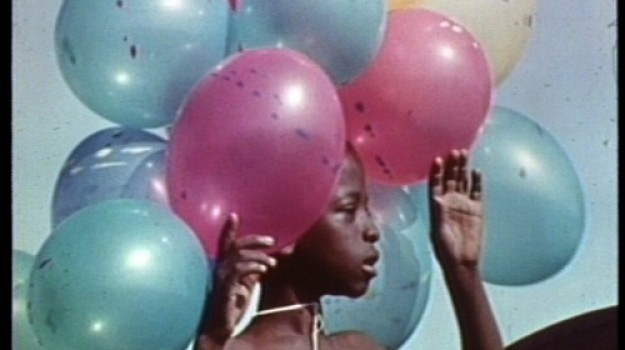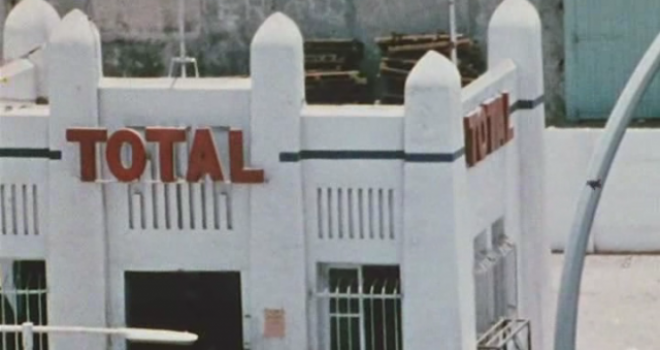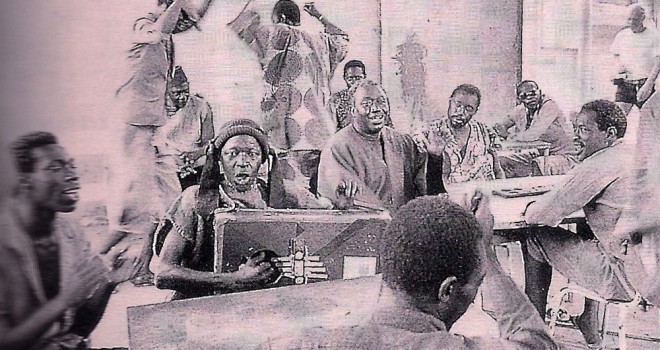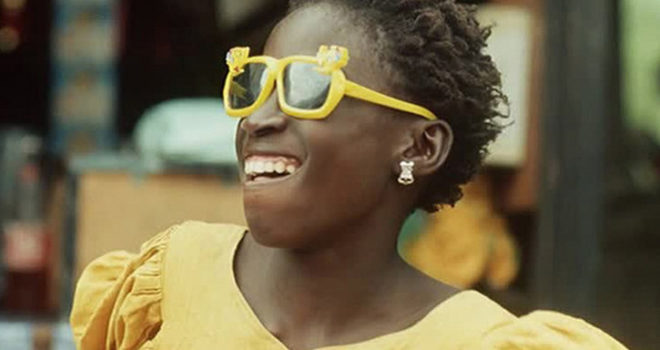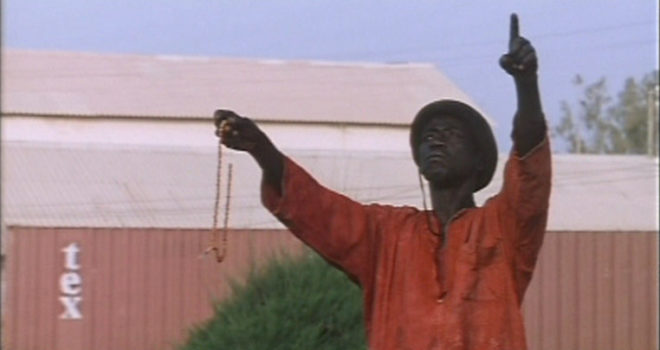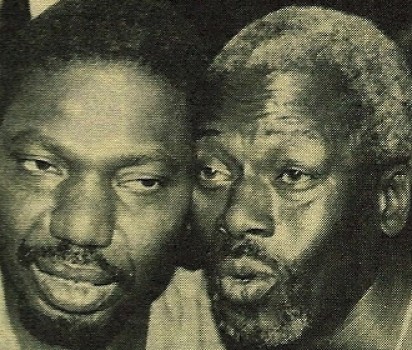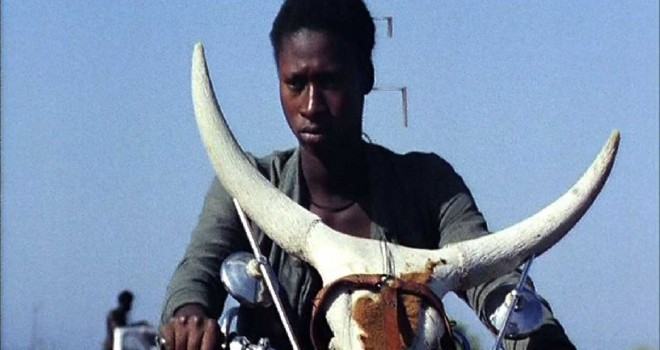The term « African cinema » may accidentally sound like a confession. By reducing into two words the cinematography of an entire continent, it denounces the thwarted speed with which the movies are made since the independences. In addition, everyone will certainly agree that clearly on a historical, cultural and social, level there is far to go from the Maghreb to South Africa and from Egypt to Angola. Accordingly, in this wide-ranged African world we rather bear our attention on some singularities, knowing in advance that the sheer fact of making a film there is already a performance, our admiration is irreducible for those who have forged a real work of art.
Of Djibril Diop Mambety we will say that he is African enough since he is Senegalese, specifically Kolobanais, named after a neighborhood in Dakar that he never stopped striding along and film. By looking at his seven films made at irregular intervals between 1968 and 1998 in a chronological order, it seems that we map out a distinct wandering pace, somewhat stubborn. But what story does it tell us ? It is not easy to put into a few words, our author’s films that willingly proceed by a special delayed, using short-circuits, roundabout means. For Djibril Diop Mambety it is rapidly manifest that there is an approach to be followed and to counteract on. During a certain time an apprentice actor at the Theatre Daniel Sorano in Dakar, he was not willing, it seems, to bow down to the disciplinary logics that was expected of him. Without any training, he choses to become a filmmaker and shoots at the age of twenty-three Contras’City his first documentary short film with a true satirical verve. Mambety takes film to his land next to a teeming nation of outcasts on the margins of a large city that slowly devours them to better spit them out. But the little people of his great films want all their lives. From one film to another, limping overnight, they carry their dreams and disillusionment, stretching the moral rules in sumptuous paintings, the aberrations of an alienated world. Under Dikone Ya’s watchful eye, Robin Hood of modern times and lord of Kolobane, Mambety runs after them, defeating Senegalese film measured syntax, standing on the tip top end of the table of a pack of hyenas watching out for the first opportunity to be gasped. In this world that goes round in circles the never linear plot of Mambety’s films force a caustic and unforeseen narrative accuracy. He abolished the line-sharing agreement between fight and fraternity of the post-colonialism cast out, pushing his characters in a grueling dance where everyone wears the costume and mask accessible to them. But here everything is imaginary, colours, mud, bodies, words, laughter, death, and the music that carries them. We know that the world is not a brothel.
Jérôme BARON



